Newly qualified researchers, and PhD students, often need to find funding for their salary as well as for equipment, materials and travel – something that can be difficult to secure. With the aim of improving the conditions for new researchers, BalticWaters started a fellowship programme for early-career researchers. We visited some of the former fellows to find out what impact the programme has had on their work and careers. It turns out that the programme has not only contributed to new and important knowledge about the Baltic Sea, but also to collaborations – both across disciplines and national borders.
Starting a research career is something of a bottleneck – it is difficult to compete for research funding and building up an academic track record with scientific papers takes time.
– We hope that the programme will help more recently graduated researchers to have the opportunity to carry out their first research project, while contributing to new and important knowledge about the Baltic Sea, says Konrad Stralka, CEO of BalticWaters.
Knowledge for the sea
The projects funded by the programme range from the ocean’s ability to mitigate climate change to detailed knowledge on vitamin deficiency in salmon. But there is a clear common thread – the projects and their outcomes highlight areas and solutions that need to be further explored or implemented for a healthier ocean.
The grants awarded in 2022 have produced exciting results. In addition to generating scientific manuscripts, presentations at seminars and conferences, some of the projects have been able to grow into larger research projects with support from other research funders. One project, Elias Boman’s project on the impact of benthic animals on greenhouse gases, grew from a national project to one carried out in collaboration with Finnish researchers.
Project outcomes
The ocean’s ability to mitigate climate change
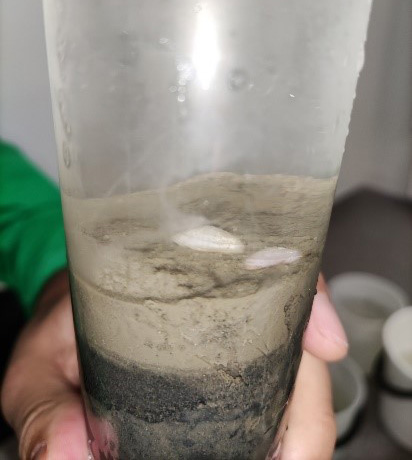
Sediment plug with Baltic Sea mussel. Photo: Elias Broman
With the ongoing climate change, we need to adapt our actions and prepare for how the species in our ocean will be affected. Elias Broman, a postdoctoral researcher at Stockholm University, received a grant to carry out his project to investigate whether lower abundance and diversity of benthic animals can lead to increased methane emissions in the coastal zone. His results show a clear link between animals and bacteria in sediments and that this affects greenhouse gas emissions. This is important knowledge for understanding the ocean’s ability to act as a carbon sink or source and, by extension, how we need to manage our oceans to preserve biodiversity and mitigate climate change.
– Climate change and other human impacts on coastal ecosystems are negatively affecting seabed animals, and our results show that this affects the dynamics of methane in coastal environments, Elias writes in his project report to us.
How does vitamin deficiency affect Baltic salmon?
Emil Fridolfsson, researcher at Linnaeus University, received a grant to carry out a project that has contributed to increased knowledge about the lack of the vital vitamin B1 (thiamine) in Baltic salmon. In his study, he found that Baltic salmon appeared to be more thiamine deficient than salmon from the west coast of Norway and Lake Vänern. The grant from BalticWaters was used, among other things, to expand the analytical material so that he could gain knowledge about thiamine deficiency in salmon in a larger area of the Baltic Sea. Emil is now continuing to analyse the gut flora of salmon to investigate the breakdown of thiamine – another important piece of the puzzle surrounding vitamin deficiency in salmon.
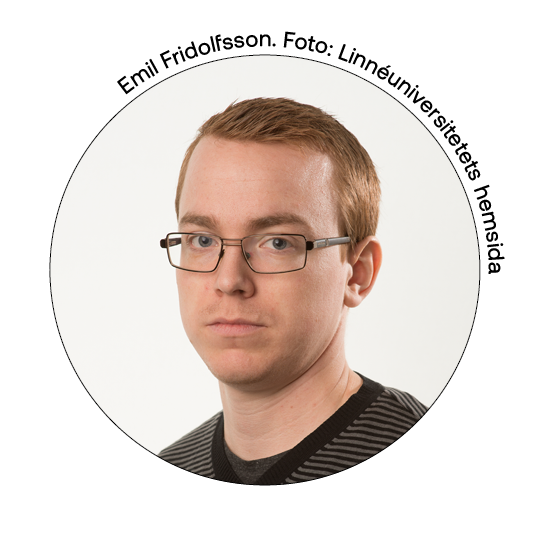
Where, when and how do cormorants affect coastal predatory fish?
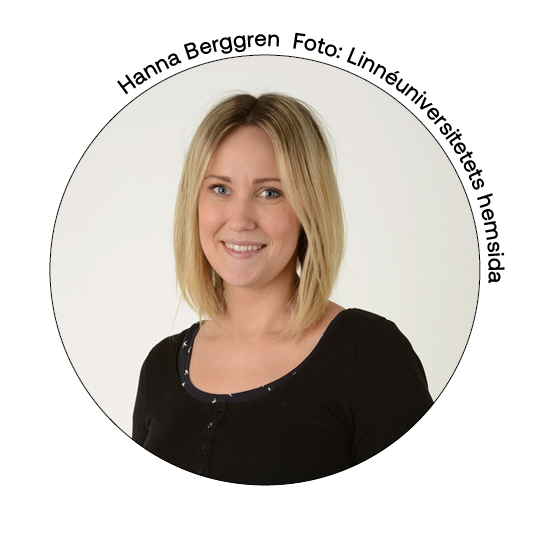
There is a lack of knowledge about how cormorants affect fish populations along our coasts. Hanna Berggren, a former researcher at Linnaeus University, has through her project contributed to a deeper understanding of cormorant behaviour when foraging and how they interact with coastal fish communities. As a bonus, the project has also provided valuable knowledge on how best to capture and tag cormorants – which is a prerequisite for further studies on the subject.
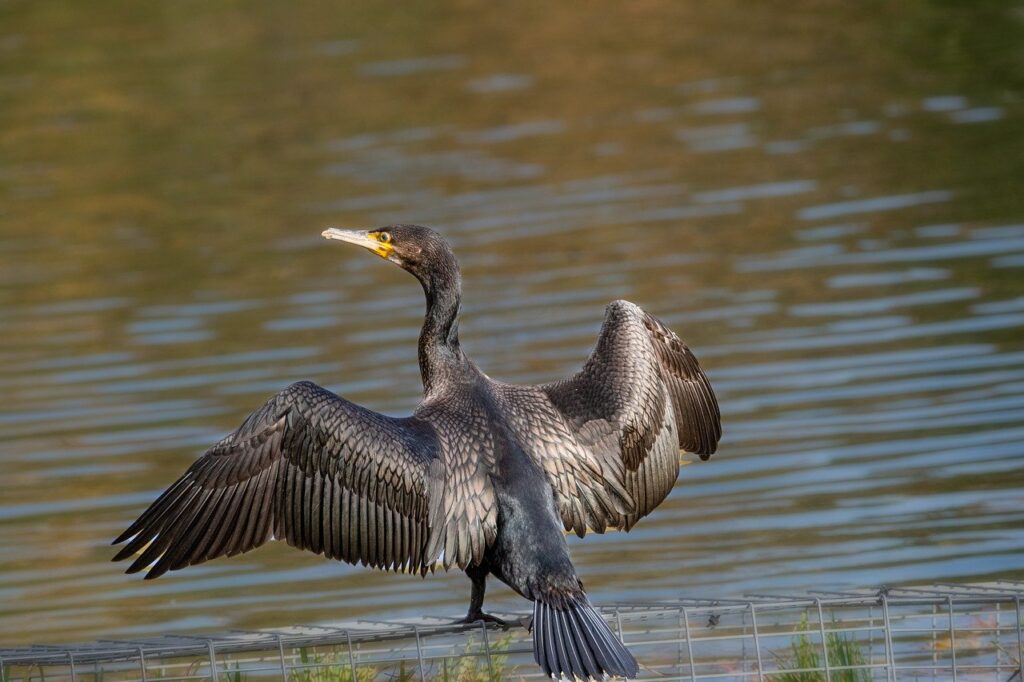
Cormorant. Photo: Siegfried Poepperl, Pixabay
How can eelgrass adapt to a changing environment?
In our coastal areas, eelgrass forms underwater forests that play a key role for a large number of species and act as nurseries for fish. But the distribution of eelgrass has declined significantly and it is at risk due to climate change – especially in the Baltic Sea with its low salinity and an expected depletion due to a changing climate. With support from BalticWaters, Marlene Jahnke, a researcher at the University of Gothenburg, has successfully unravelled the eelgrass genome – opening doors for further studies on the adaptability of eelgrass to a changing environment. The project results also became a springboard for Marlene to a larger Formas-funded research project.
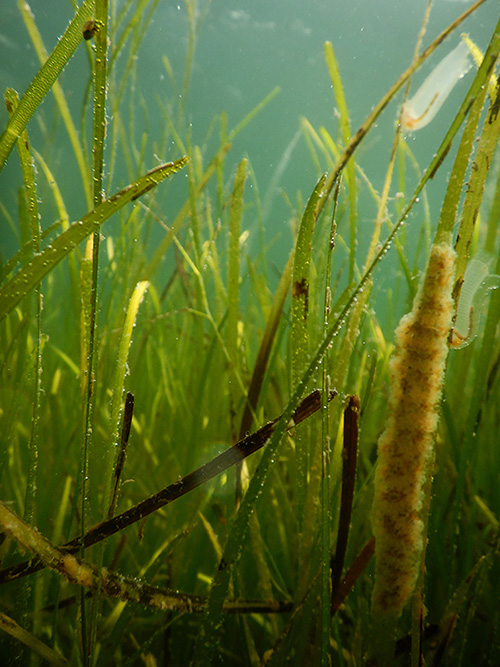
Eelgrass. Photo: Marlene Jahnke
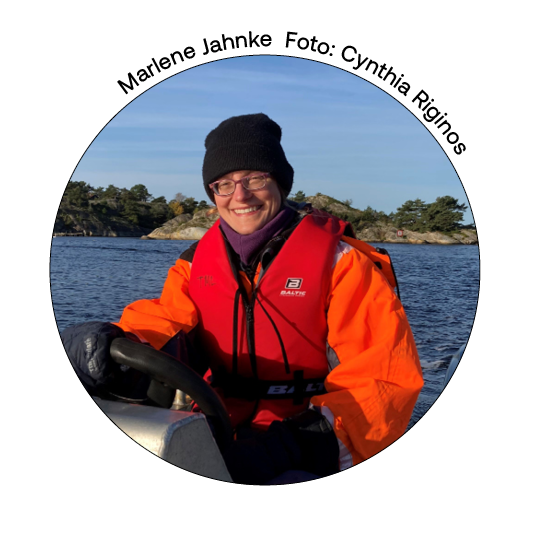
– I would like to express my gratitude for the funding, support and trust I have received through the BalticWaters Fellowship. I have been able to contribute to increasing knowledge on how to manage eelgrass in a changing world, writes Marlene.
Could dredged material from ditches and wetlands be a hidden threat to coastal fish?
Coastal predatory fish play an important role in the ecosystem, but in many places they have declined due to human impact factors. Extensive fish deaths have previously been observed in connection with sewage sludge from, for example, ditches and wetlands, which indicates that it may be an acidification problem. Oscar Nordahl, a researcher at Linnaeus University, received support to investigate the connection further. He notes that the study has contributed valuable knowledge and laid the groundwork for a larger research project where he can go on to investigate the effects of low pH on coastal predatory fish and the role played by the sediments along ditches and wetlands. He has been able to lay the foundations for his future project with the ultimate aim of contributing practical recommendations for wetland restoration and the management of sewage sludge.
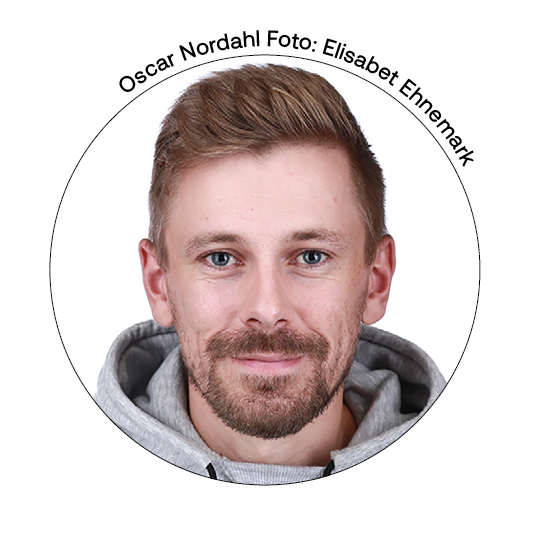
Next up, we await new and exciting results from last year’s scholarship winners as we prepare to award the scholarship for the third year running – keep an eye on our website!
The Scholarship program for researchers at the beginning of their careers is funded by Kerstin Skarne and family.

BalticWaters also funds research projects and pre-studies where both younger and more senior researchers from the social and natural sciences can apply for funding. Read more about the programme and previous funded projects here.

